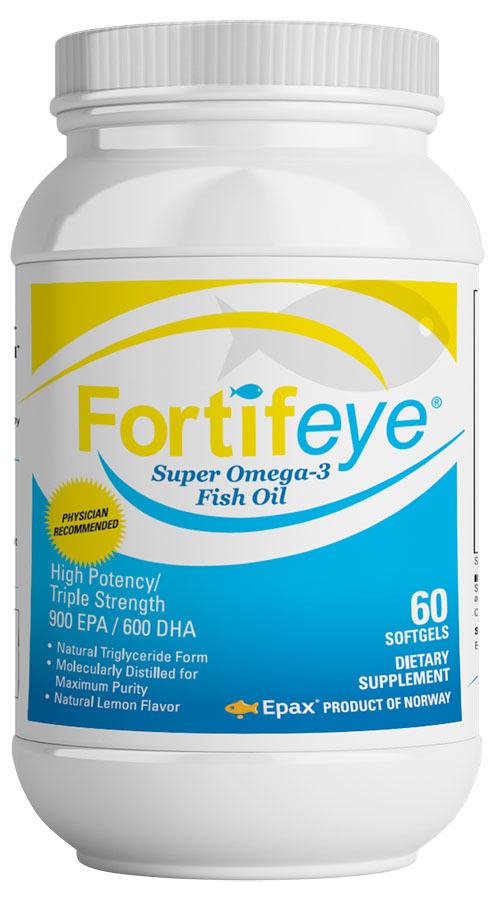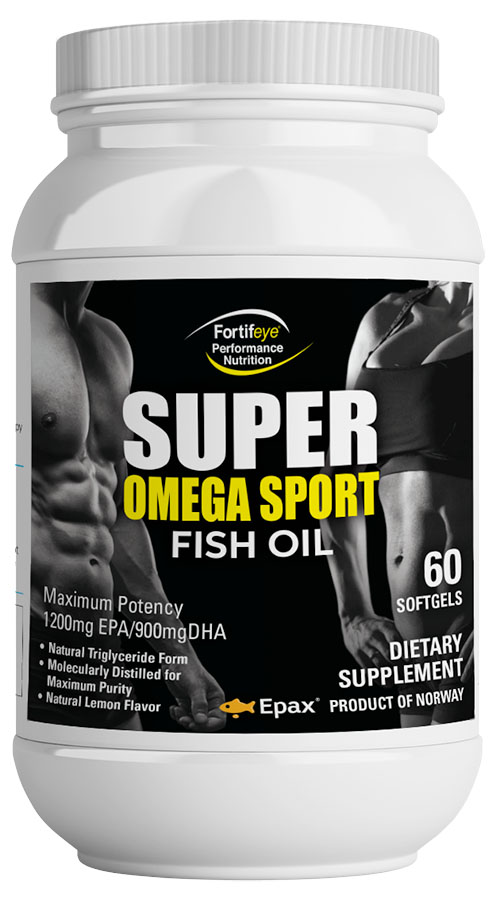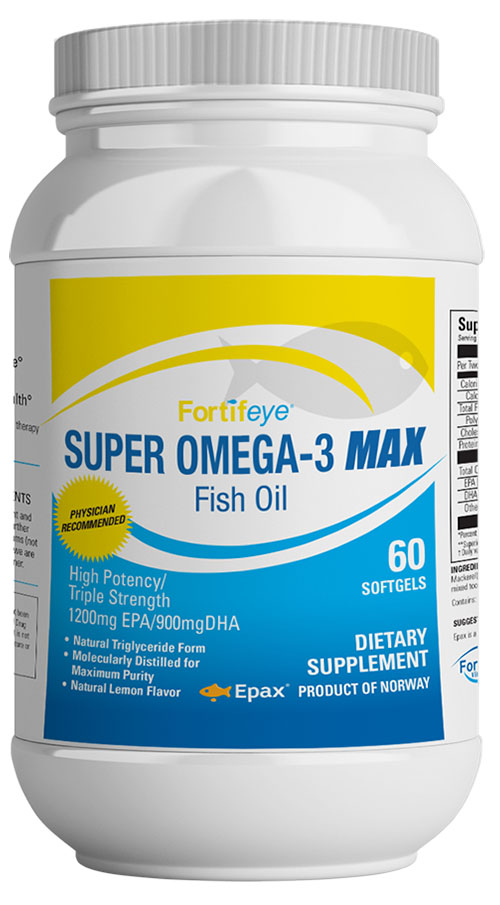Optimal Omega-3 Dosage: Effective in Lowering Triglycerides and Cholesterol Levels
An increasing number of positive clinical studies are emerging, providing compelling evidence of the extensive health advantages offered by omega-3 fish oil. The benefits associated with omega-3 are wide-ranging, and it remains the most extensively researched supplement globally. However, it is crucial to consume the correct dosage and form of omega-3 to obtain these benefits.
A recent study, published in the Journal of American Heart Association in June 2023, further confirms the positive health effects of omega-3 fish oil. This new meta-analysis, which examined the dose response, involved nearly 73,000 participants and established a connection between omega-3 fatty acids and blood lipids. The findings indicate that dosages exceeding 2 grams per day of omega-3 (including both EPA and DHA) were linked to reduced levels of triglycerides and non-high density lipoprotein cholesterol. The study underscores the potential benefits, particularly for populations at a higher risk. For individuals who are overweight or at risk of cardiovascular disease, it is recommended to take dosages exceeding 2 grams per day of omega-3 fatty acids.
The majority of doctors and nutritional experts agree that not all omega-3 is created equal. The consensus is that marine-based omega-3 supplements derived from non-predatory cold-water fish are the most ideal. These experts also concur that the Triglyceride form (TG form) or re-esterified triglyceride form (rTG form) of omega-3 is rapidly absorbed, highly stable, and devoid of any unpleasant fishy aftertaste. However, there are limited options available over the counter for rTG or TG form omega-3s in the necessary concentrations to lower lipids. One of the most reputable and highly recommended omega-3 fish oils by physicians that meets all of these criteria is Fortifeye Super Omega 3 Max. This particular omega-3 is produced in Norway from small non-predatory cold-water fish and provides 2400 mg of TG form omega-3 per two gel caps. Here is a link to the latest study on omega-3 and its lipid-lowering effects Association Between Omega‐3 Fatty Acid Intake and Dyslipidemia: A Continuous Dose–Response Meta‐Analysis of Randomized Controlled Trials | Journal of the American Heart Association (ahajournals.org)


